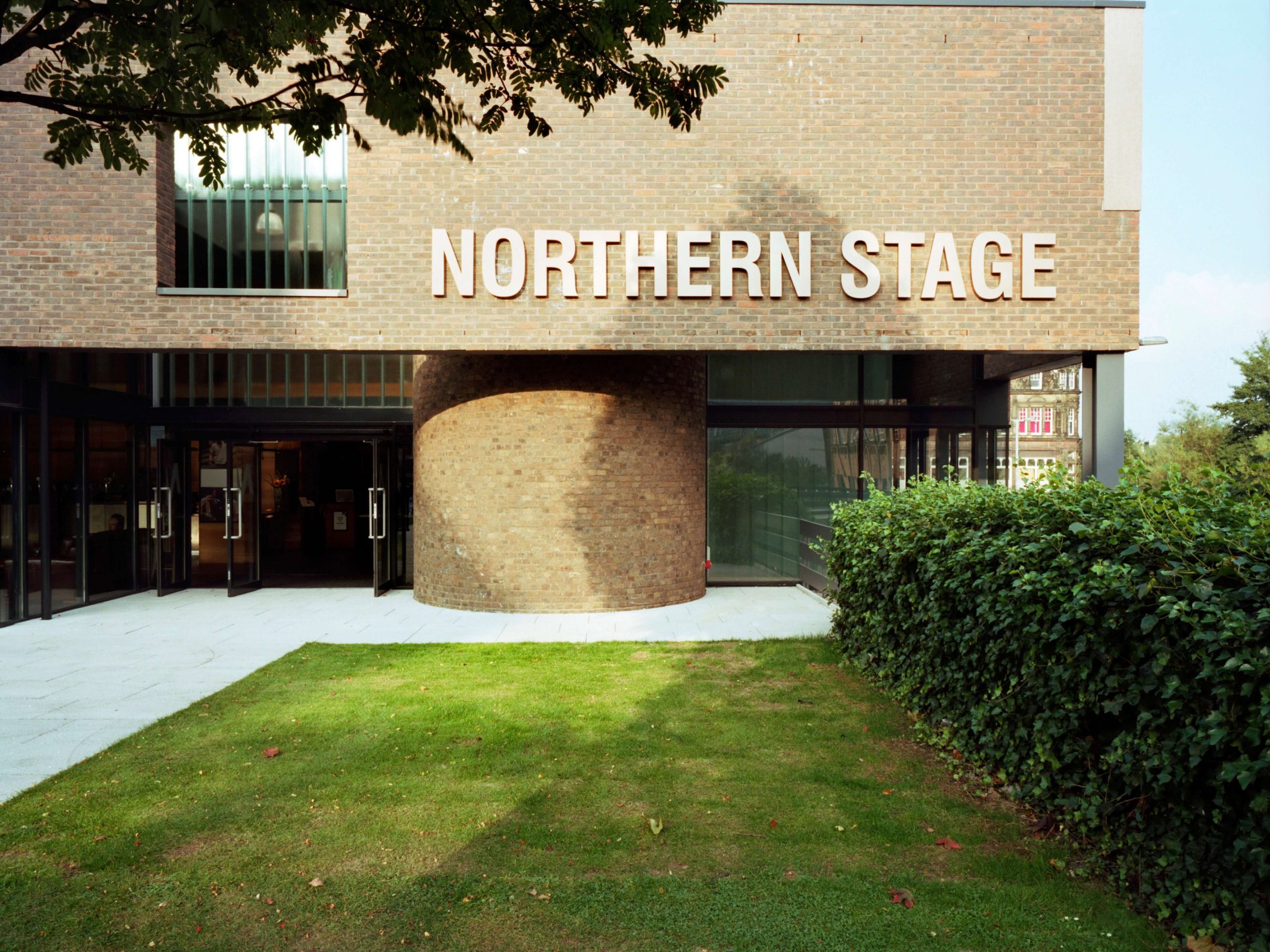Northern Stage, located in Newcastle upon Tyne, is a cornerstone of the North East’s cultural landscape. As the largest producing theatre in the region, it has been instrumental in shaping the theatrical scene through its innovative productions, community engagement, and commitment to inclusivity.
Origins and Evolution
The theatre’s journey began in 1970 when it opened as the University Theatre, designed by architect William Whitfield. It served as the new home for the Tyneside Theatre Company, which had previously operated from the Flora Robson Playhouse in Jesmond. The venue was conceived as a flexible performance space, complete with three bars and the Gulbenkian Studio.
In 1978, the building was renamed the Newcastle Playhouse following the dissolution of the Tyneside Theatre Company. Over the years, it underwent several transformations, both in name and structure, reflecting the evolving theatrical landscape of the region. A significant milestone was the £9 million refurbishment completed in 2006, after which the venue reopened as Northern Stage, uniting the theatre and its resident company under one name.
Architectural and Performance Spaces
Northern Stage boasts three performance spaces: Stage 1 with 447 seats, Stage 2 accommodating 160 patrons, and Stage 3, a flexible space seating between 80 to 120 attendees. Stages 1 and 2 can be combined to seat up to 600 people, allowing for versatile staging options. The venue also features a café-bar, serving as a communal space for audiences and artists alike.
Artistic Vision and Productions
Northern Stage is renowned for its bold and imaginative productions that often tackle politically and socially relevant themes. The theatre presents a mix of in-house productions and works from visiting national and international companies. Notable past productions include revivals of “Our Friends in the North,” adaptations of Angela Carter’s “The Bloody Chamber,” and contemporary takes on classics like Ibsen’s “A Doll’s House” and Osborne’s “Look Back in Anger.”
Community Engagement and Inclusivity
Beyond its stage productions, Northern Stage is deeply committed to community engagement. The theatre works with residents, particularly in areas like Byker, using creativity to explore and understand societal relationships. Initiatives like the “Pay It Forward” scheme enable young people and community groups to attend performances, ensuring that theatre remains accessible to all.
Collaborations with educational institutions, such as Newcastle College, further exemplify this commitment. For instance, ESOL learners and their families have participated in unique theatre experiences, breaking down financial and cultural barriers to access.
Leadership and Legacy
Under the artistic direction of Alan Lyddiard from 1992 to 2005, Northern Stage embraced the ensemble theatre model, fostering a collaborative environment for artists. Lyddiard’s tenure was marked by successful productions like “Animal Farm” and “1984,” which toured internationally and solidified the theatre’s reputation for innovative storytelling.
Educational Initiatives and Talent Development
Northern Stage serves as a vital resource for theatre training in the North East, creating opportunities for a broad range of audiences to participate in the performing arts. The theatre champions creativity and supports a diverse range of artists to create ambitious and adventurous theatre.
Conclusion
Northern Stage stands as a beacon of creativity and inclusivity in Newcastle upon Tyne. Its rich history, commitment to community engagement, and dedication to producing thought-provoking theatre make it an indispensable part of the UK’s cultural fabric. As it continues to evolve, Northern Stage remains a testament to the transformative power of the arts.

